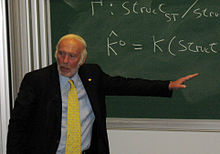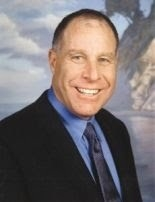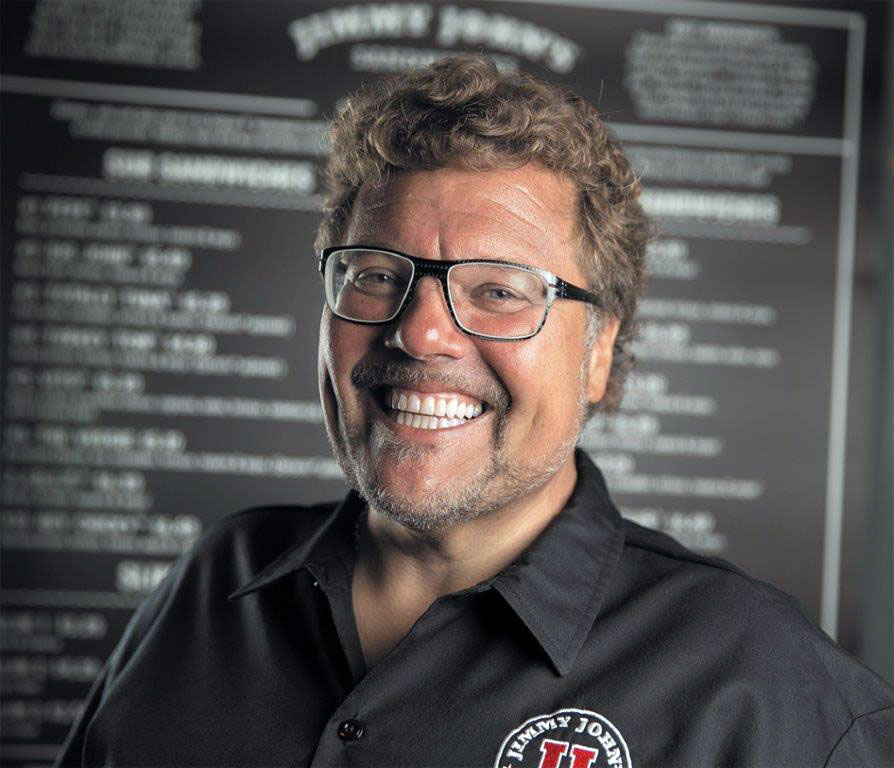Answers
Aug 23, 2019 - 09:35 AM
To find out if a person is successful because of luck or because of hard work then ask the question: can they do it again? Will they be able to duplicate their success? If the answer is NO, then their success is credited to luck and how many times can the stars line up perfectly?
Here is a list of people who have made it big through sweat equity, guts and brains. Combine this together and you have a strategy. Don’t be blinded by the iceberg illusion - their success is thanks to their hard work and forward thinking.
Richard Branson (CEO Virgin)
His estimated worth is $4 Billion and is known for his eccentricity. He owns two islands, a private jet and dresses up as a butterfly on marathons but take note, he gives substantial amount to charity. Richard started his first business at the age of 16. Behind this success, Richard suffers from dyslexia and dropped out of school. He also suffered losses and shaky ventures. He had to sell his company Virgin to EMI records. He was determined to stay in the music scene and started a new recording company. The stars didn’t line up for Richard Branson but he diversified his investments, took his losses and moved on to become the success he is today.
Sergey Brin and Larry Page (Google Founders)
Sergey and Larry both went to the same school. Their estimated net worth is at $7 Billion but their salary is still at $1 (inspired by Steve Jobs one-dollar doctrine). Starting Google is not a walk in the park. Remember how Steve Jobs was fired earlier in his career from the same company he founded? Larry and Sergey had the brains and the algorithm that started it all -- but they didn’t have what they needed to organize the company to the growing giant Google was fast becoming.
Henry Ford
Henry Ford is known for the idea of the assembly line. He worked under Thomas Edison and there he got the training and inspiration for the Model-T. Before all the glitter and gold, Thomas’ first product was a failed product, the quadricycle. He was known to be a brilliant engineer, a visionary --- who couldn’t produce anything at all because he wanted everything to be perfect but sometimes perfect just doesn’t sell. He went through being broke and a failure. What Ford teaches us is that, your own can be your personal nemesis but never give up on your dreams.
Mark Zuckerberg (Facebook)
Mark created Facebook but how Facebook began is not clear. Some say he got the idea from other people while others also say he got the idea from his school’s harvardconnections.com. He faced allegations of stealing the idea, sabotaging other people and becoming an accidental billionaire. But it was never accidental -- the other side of the story is, Mark did not have it easy. He had difficulties growing his business. He was more of an inventor, not a manager. He worked hard to get investments, put his own money into the business.
Jack Ma (Alibaba)
Jack Ma didn’t have a fairy godmother. Jack is worth $29 Billion but he never got hired when he applied for a job and actually failed his college entrance exam twice. He failed his first two ventures. In his first job, he earned $12 a month. But these failures did not discourage Jack or scar him for life. He got the bright idea of putting up a China based internet company. Getting investments was no easy task but Jack had confidence in his product and knew it is just time before it takes off.
Steve Simonson (SYMOGLOBAL)
“You can have everything in life you want, if you will just help other people get what they want.” Steve holds this quote as his moral compass. He is another college dropout turned successful entrepreneur, Steve’s early days were filled with failures and disappointments. He worked for cleaning services company and eventually becoming an owner of a cleaning services company. Today, Steve buys companies, develops them and sells then when they reach the limit he set.
The common denominator among these successful people is that they faced failures early on in their lives but had the mindset to succeed and go for their dreams. They also adjusted to grow bigger shoulders and learn from the challenges they faced. They have matured and turned into the best versions of themselves. Can they duplicate their successes? Yes, they can.

Aug 23, 2019 - 10:01 AM
Smarts definitely play a part in one's success but a lot less than persistence. Two thoughts come to mind on this subject. One, from Paul Graham the founder of Y Combinator. He has funded more startups than almost anyone and therefore knows a thing or two about founder traits that contribute to success.
He often says (paraphrased):
Initially, we thought we should try to find the smartest founders but over time we realized persistence was orders of magnitude more important. If you take a person who is 100% smart and 100% determined, and then gradually start discarding bits of each quality, you can discard a lot of smarts before they stop succeeded. But the moment you discard even a little persistence, failure soon ensues.The other is a quote attributed to Calvin Coolidge 30th president of the US:
That said, here are additional founders (in addition to Gates, Bezos and Musk) whose success is more due to their smarts than anything else:

The previous answer is right about this pair. They were academics and business was the last thing on their minds. Their success is based on PageRank an idea steeped in esoteric mathematics. In the books Trillion Dollar coach and In The Plex, it is that neither of them would have had much success in a traditional business career. By the way, these guys are each worth about $50 billion (quite a bit more than quoted in the previous answer).

He is the founder of Renaissance Technologies, one of the most successful hedge funds in history and has a net worth of $21 billion. Often described as the "smartest billionaire" his fund has produced returns of 20% for more than 30 years. Nearly all his success is also based on esoteric mathematics.

The founder of Intellectual Ventures a $6 billion patent fund. This man was the smartest guy in the room in a company full of smart people and his success is due to his inventions and his ability to attract other inventors. I had the pleasure of interviewing him and he is so knowledgeable on so many different subjects. In his talk, he talks about how it is a relative recent phenomenon for extremely smart or highly technical people to be wealthy. Historically they worked for those who were more entrepreneurial.
My final thought on this is the following quotation from Paul Orfalea the founder of Kinkos:
Examples of this:

1. Paul Orfalea himself: Failed in school and had to repeat two grades but is now worth several hundred million dollars. It turned out he had undiagnosed dyslexia but has also admitted that he isn't that smart, crediting his success to this--he can only grasp really simple things and sticks to them. See this talk to stanford school business students. In the talk he makes the funny/tasteless comment that when he started out in business he thought that ugly women worked harder and so he hired ugly women. He soon found out he was wrong! He also tells the students "you thought I'd come here and applaud your straight A's!"

2. Billionaire Flavio Briatore (owner of Benetton): Was always at the bottom of his class. Also infamous for impregnating super model Heidi Klum then dumping her! But musician Seal came to the rescue and helped raise her son!)

3. Jimmy John Liautaud (Billionaire founder of Jimmy John's subs) Failed so badly in school and could not get in to any college. His dad then advised him: son, you have only two options. Join the military or start a business. He chose the later and fortunately his dad had the means to provide the seed funding for his first sandwich shop.
Another pattern I see often is what I'd call "The Video Professor" phenomenon. The founder of that company reaped a massive fortune teaching "dunderheads" how to use computers and operate simple programs like Word and Excel.
Many of my techie friends would sneer and dismiss it as being "too easy" and fail to recognize the business opportunity therein or other many similar opportunities. Techies who are smarter than average often make the mistake of conflating intellectually challenging/rewarding pursuits with good business opportunities.






Add New Comment